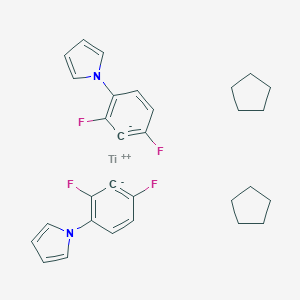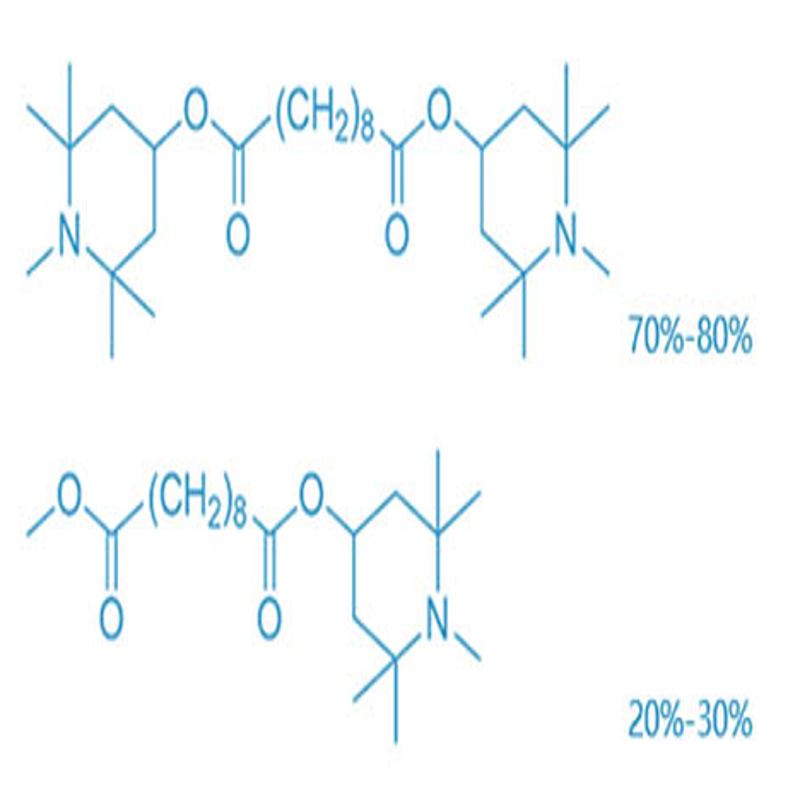-
Categories
-
Pharmaceutical Intermediates
-
Active Pharmaceutical Ingredients
-
Food Additives
- Industrial Coatings
- Agrochemicals
- Dyes and Pigments
- Surfactant
- Flavors and Fragrances
- Chemical Reagents
- Catalyst and Auxiliary
- Natural Products
- Inorganic Chemistry
-
Organic Chemistry
-
Biochemical Engineering
- Analytical Chemistry
-
Cosmetic Ingredient
- Water Treatment Chemical
-
Pharmaceutical Intermediates
Promotion
ECHEMI Mall
Wholesale
Weekly Price
Exhibition
News
-
Trade Service
Global Chemicals Quick Review
Uncertainty in the energy market will affect the global petrochemical industry
Energy market uncertainty will continue to impact the global petrochemical industry in 2017, with North America remaining a key region
for global petrochemical sector investment.
Despite the current low oil prices, petrochemical producers will continue to build new petrochemical capacity in North America to take advantage of the region's cheap and abundant shale natural gas feedstock
.
According to IHS, U.
S.
ethylene production capacity will increase by more than 5% to 30.
5 million tons
in 2017.
IHS analysts said the region will also continue to maintain a strong ethylene supply region
due to government controls on ethane feedstock pricing in the Middle East.
In addition, due to factors such as slowing regional or domestic demand growth, low profitability and lack of cash cost advantages, some countries in Western Europe and Asia will have extremely limited new ethylene capacity in 2017, and even some capacity rationalization
.
Petrochemical producers in these regions will focus their investments on cost efficiencies including improving energy efficiency, increasing feedstock flexibility and modernizing their plants
.
Global chemical M&A deals will remain strong in 2017
Global chemical M&A activity will remain strong in 2017 as the market's desire for M&A deals remains strong, with some mega deals, including Dow Chemical and DuPont mergers, still awaiting regulatory approval, while other large and medium-sized M&A activity will also increase
, market sources said.
Valence Group's Zachariades said: "I think the current level of global chemical M&A activity is at a high level and this peak level will continue
.
Without major changes in the external environment, global chemical M&A activity will remain strong
in 2017.
There are still many assets to be sold in the market, interest in asset acquisitions at the private and corporate levels is high, and debt rates remain low
.
”
The United States is expected to become a net energy exporter by 2026
The U.
S.
Energy Information Administration (EIA) said the U.
S.
is expected to become a net energy exporter
over the next decade, driven by increased natural gas exports and declining oil production imports.
The EIA noted that while the U.
S.
has been a net energy importer since 1953, the decline in the country's energy imports and the increase in exports over the past year could shift
that trend by 2026.
In late 2015, the U.
S.
government lifted a decades-long ban on crude oil exports, and natural gas exports from 48 contiguous states began in
2016.
Speaking during the department's 2017 Annual Energy Market Outlook, EIA Administrator Adam Sieminski said: "The United States may achieve full energy independence
.
”
Indonesia plans to increase exports of lubricants to Asia and Europe
Indonesia's Ministry of Industry said Indonesia's current domestic lubricant capacity is twice its demand, coupled with increased imports from the ASEAN Economic Community, has decided to stimulate Indonesian producers to export lubricants
to Asia and Europe.
Indonesia's domestic lubricant demand is expected to reach about 752,000 tons this year, equivalent to about 53%
of Indonesia's domestic production, according to Indonesia's Ministry of Industry.
Indonesia currently has about 33 local and foreign blenders producing lubricants
.
In addition, with the removal of trade barriers between the 10 ASEAN member countries, lubricant imports from the Economic Community will increase, which will further exacerbate Indonesia's domestic oversupply of lubricants
.
By the end of this year, Indonesia's local lubricant suppliers will not only export lubricants to ASEAN member countries, but also to China, the Middle East, South Korea, Japan and Europe
, the ministry said.







